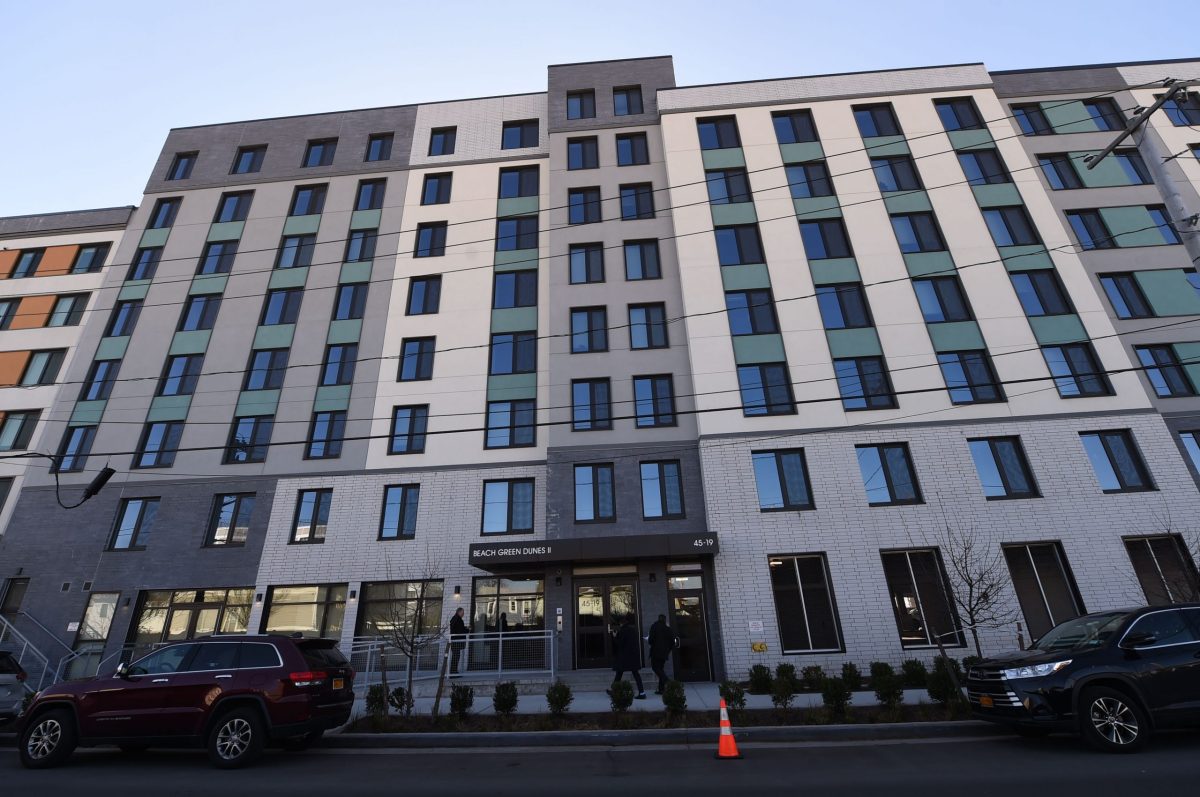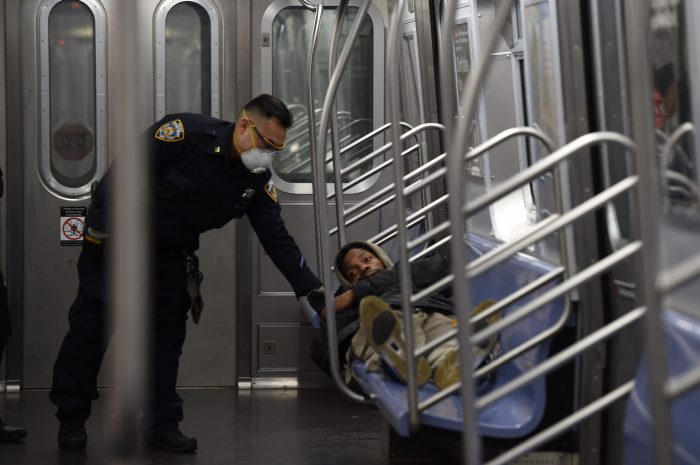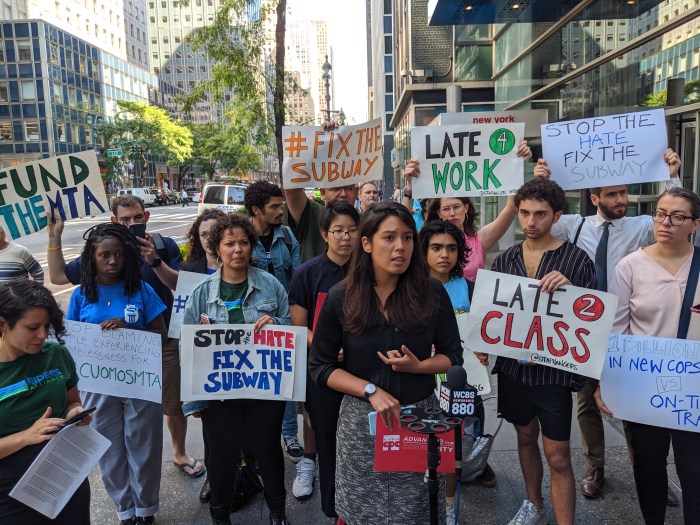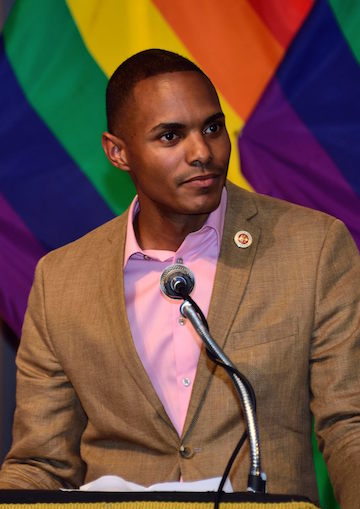Homeless advocates are not taking Mayor Bill de Blasio’s claims of building a record number of affordable homes at face value, contesting the administration’s claims on Tuesday with its own data from the Housing New York program.
Launched in 2015, city Housing Preservation and Development Commissioner Louise Carroll said the Housing New York program had created up to 30,000 units of affordable housing in 2020 alone and altogether financed almost 178,000 homes in total.
More than 65% of newly constructed housing for families of three earning less than $52,000, Carrol claimed. But Giselle Routhier, Policy Director of Coalition for the Homeless, looked at the program’s own data, casted doubt on the notion that this was adequate for the current needs of New Yorkers.
“Look under the hood of the mayor’s boasts, and you will see a housing program that is deeply broken and failing those most in need,” Routhier said. “According to his own statistics, Mayor de Blasio created the fewest units of housing for homeless New Yorkers since 2015 and the lowest percentage of total units since the inception of the program. This is at a time when homelessness reached record levels. The latest statistics from the City also underscore the importance of Local Law 19, which, as of July 2020, requires the City to set aside 15 percent of units in buildings larger than 40 units for homeless people.”
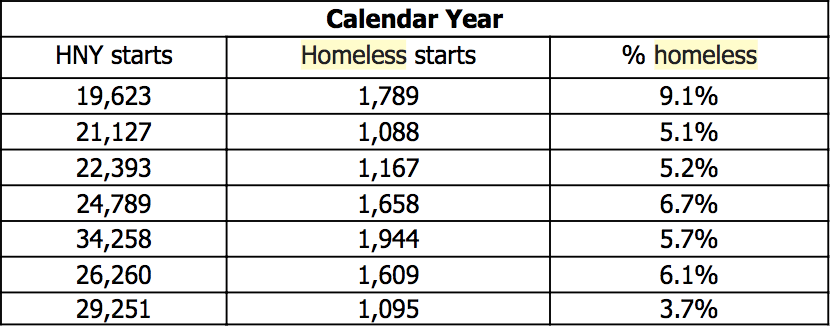
The administration’s emphasis on building shelters to house homeless folks as well as incentivizing new affordable housing units through Mandatory Inclusionary Housing went through another round of criticism on Tuesday prior to the mayor’s Housing New York announcement.
Organizations held a virtual rally that called for the return of housing vouchers that can compete in New York City’s pricing rental market, as opposed to expanding shelter options often regarded as dangerous before the pandemic. Since the pandemic began, the city has backslid into housing people in hotels such as the Lucerne on the Upper West Side as a release valve for the congestion in congregate shelters as COVID-19 has pushed homelessness to new heights.
Former New York City Council Speaker Christine Quinn and Councilman Stephen Levin pushed for the passage of Intro. 146 to increase the subsidy amount in the CityFEPS voucher program to get people back into stable housing. The voucher caps at $1,265 and the bill would boost the subsidy to $2,217.
“Let me just put some numbers out there right now. It costs $201 a night to house somebody in shelter. And when we run out of shelter space, because as Marcus said no one is leaving, and we are coming,” Quinn said. “We put people in hotel, not the kind of hotels we’re using now to deal with congregants, but hotels where we warehouse families with no services. That is $272, a night. But after we pass 100 intro 146, it would be $73 a night to have somebody live in their own apartment with a voucher. We could save the city, $102, million over five years.”
Up to 52,000 people were checked in at homeless shelters across the city, according to Department of Homeless Services data as of Feb. 8.
“I have been living in the shelter system for over five years. Like so many others, I’m stuck here without a real pathway to find housing. I have a housing voucher that doesn’t work because the amount it pays is too low to meet average rents in New York City,” said Milton Perez, a member of VOCAL-NY. “I am sick and tired of being told my needs are not a priority. I am sick and tired of living in a shelter. Intro. 146 is simple common sense and it’s shameful the Mayor and Council are not making it a priority when so many are in need.”
The Mayor’s office did not immediately respond to a request for comment from amNewYork Metro regarding Coalition for Homeless’s assertions.



